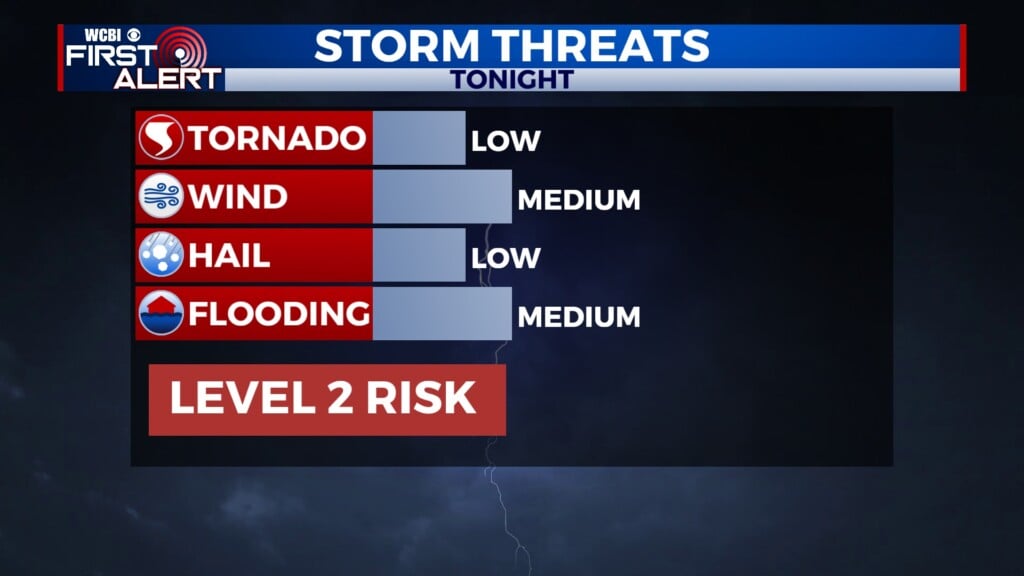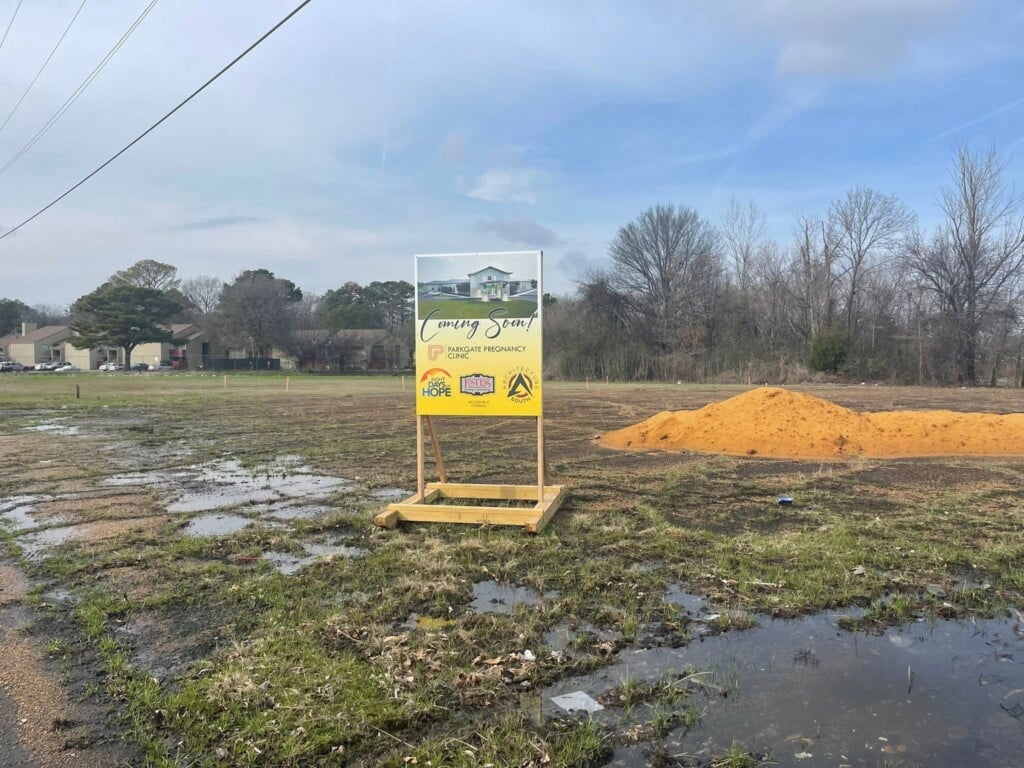Local project helps food security in Guatemala
STARKVILLE, Miss. (WCBI) – Malnutrition is something we see here at home and all over the world.
The Guatemala Rabbit Project was launched in 2019 to address that issue, and it is still changing lives.
This project takes place in the Western Highlands of Guatemala, but it started in Starkville.
Dr. Jessica Graves, director of International Capacity Development for M4 Institute, is no stranger to rabbits and their benefits.
“My grandmother actually raised rabbits for meat production when I was a small child,” Graves said. “I have a lot of fond memories of growing up on the farm and walking around with baby bunnies.”
She said her experience has shaped who she is today, and she is using her gifts to train Mississippi State students to work in an international environment.
“That passion is really to help people meet food security needs, but also train students so that they become very competent and proficient with livestock species,” Graves said.
Graves said the Guatemala Rabbit Project came about as an opportunity to teach students practical lessons about smaller livestock species while addressing food security.
“We really serve to train individuals about how to care for and raise rabbits,” Graves said. “We also do a farm-to-fork training. The fork piece of that is that we also train individuals how to humanely harvest those animals and do some cookery. And so (it’s) a lot of community engagement as it relates to food security using the rabbit.”
A team of students travels to Guatemala to serve others in the Western Highlands.
Julia Bonner, a student and assistant herder at MSU South Farm, said this was an eye-opening experience.
“I would say that I learned just as much from the locals there in Guatemala as maybe I taught them or even more. Really, you can do a lot more than you think you can, and there’s always an opportunity out there for you if you’re willing to put in the extra work to get it done,” Bonner said.
Graves said food security is a problem around the world and here at home.
“For me, being able to bridge some gaps between what we experience here in our own communities, but also helping students tie what they know about their own communities with a global challenge as well, and using agriculture as a means to help combat some of those problems is something really near and dear to my heart,” Graves said.
Now, you’re probably thinking, ‘Why rabbits?’ Graves said they have many advantages. They don’t take up much space. They reach maturity early and reproduce rapidly. They are also a good source of nutrient-rich protein.
She said when you’re dealing with livestock species, it’s all about perspective. And sometimes these rabbits are a difference maker in the lives of those in developing nations.
“We have to do just that, look at it as a food source and know that the long-term impacts of being able to feed a family and provide them with nutritional needs is important to life,” Graves said.
Graves said as the project has grown over the years, she is excited to see God open doors in other parts of the world with the rabbit project to help meet the needs of families around the world.
The project has expanded to include other aspects of agriculture education as well as maternal nutrition.
There are opportunities to help with this project. For more information, you can email jgraves@m4insitute.org.




